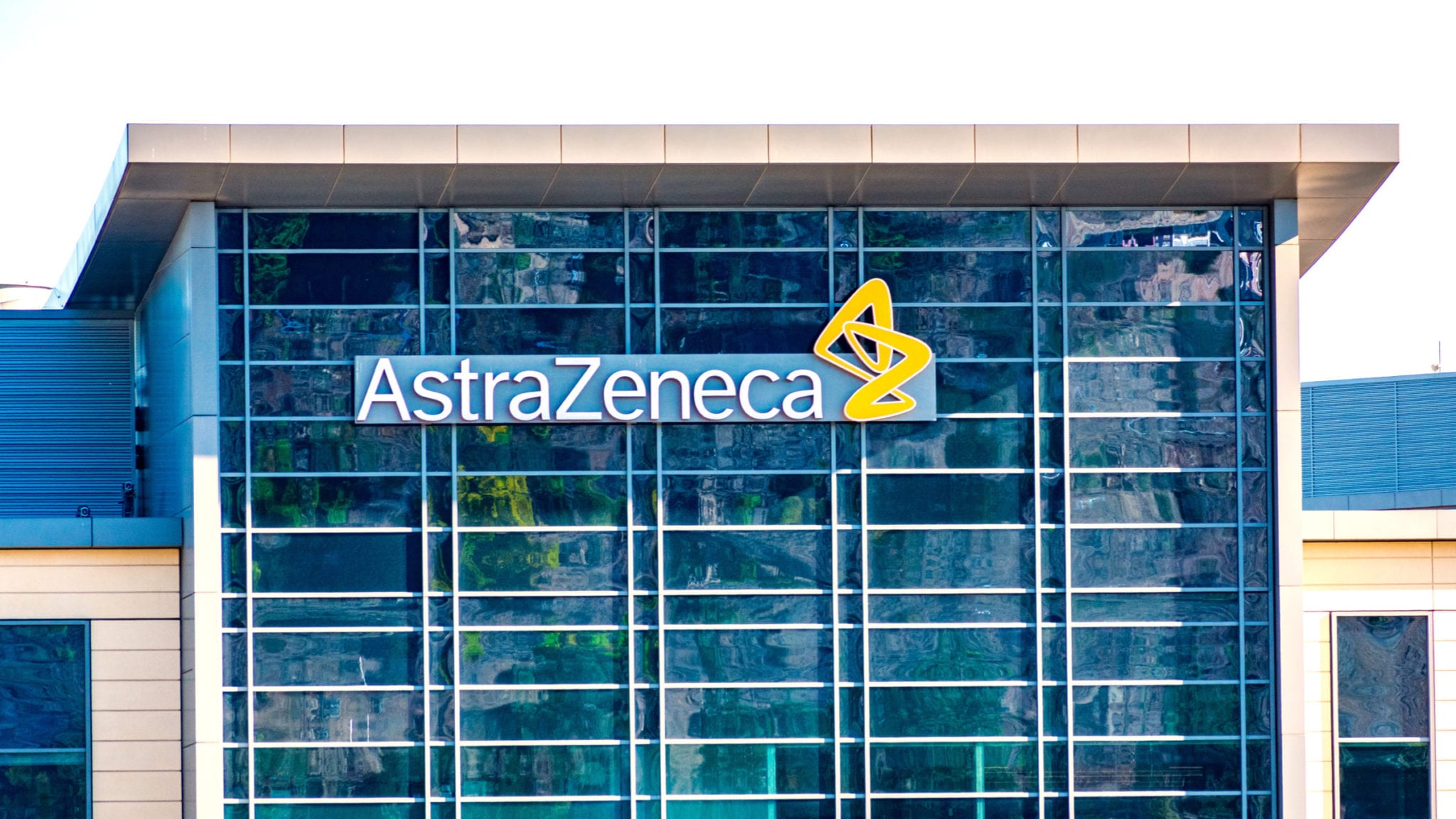
AstraZeneca scores new goal on the pipeline front, adding its first AI-generated target to the portfolio
As more and more biopharmas develop artificial intelligence platforms, the drug discovery process is being reshaped to fit new goals on cutting down the prodigious …
Sign up to read this article for free.
Get free access to a limited number of articles, plus choose newsletters to get straight to your inbox.